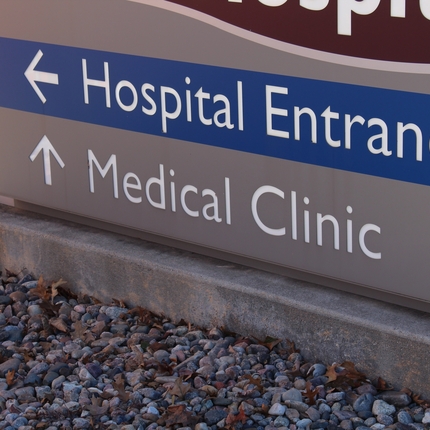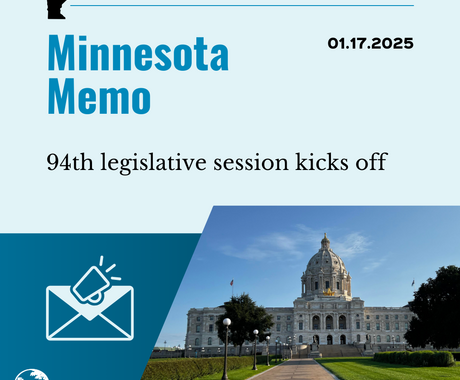Effective communication between patients and health care providers is a key ingredient to ensuring all Nebraskans receive vital services.
For some residents, establishing that relationship is difficult because of a language barrier. As immigrant populations continue to grow in rural communities across Nebraska, clinics and hospitals need to prioritize hiring qualified translators.
All Medicaid providers in the U.S. are required to provide translation and interpretation services to clients with limited English proficiency or hearing impairment. The federal government offers cost-sharing reimbursement for these services at a rate of 60%, with the state covering the remaining 40%. However, there is no mandate for states to use these federal funds, and Nebraska has not yet enrolled, leaving health care facilities without sufficient funding to cover the cost of needed translation services, and patients in our state remain underserved.
Legislative Bill (LB) 62, introduced and prioritized by State Sen. Machaela Cavanaugh, would require Nebraska to maximize the federal funding and provide sufficient translation and interpretation services for Medicaid recipients in our state.
The legislation is essential for rural clinics who have struggled with the expense of available translation services. Often, providers rely on Google Translate, a patient’s family member, or bilingual staff not employed as medical translators, in an attempt to avoid the cost of formal services.
Firsthand experience highlights how those options are not always effective or fair to the patient or the interpreter. I was 10 when I started helping my extended family at doctor’s appointments and was often pulled out of school to assist. I did not understand everything the doctor asked me to translate, but I tried my best to help. Years later, I was again called on to serve an interpreter when I worked in a rural clinic with limited staff.
Similar scenarios play out every day across the state.
Translation services can be expensive. Rural clinics already struggle due to low reimbursement and staffing shortages. LB 62 would benefit rural clinics by providing much needed funding to effectively offer quality care to patients who have limited English proficiency. We urge lawmakers to pass LB 62 and give all Nebraskans, regardless of their primary language, the opportunity for improved health outcomes.





